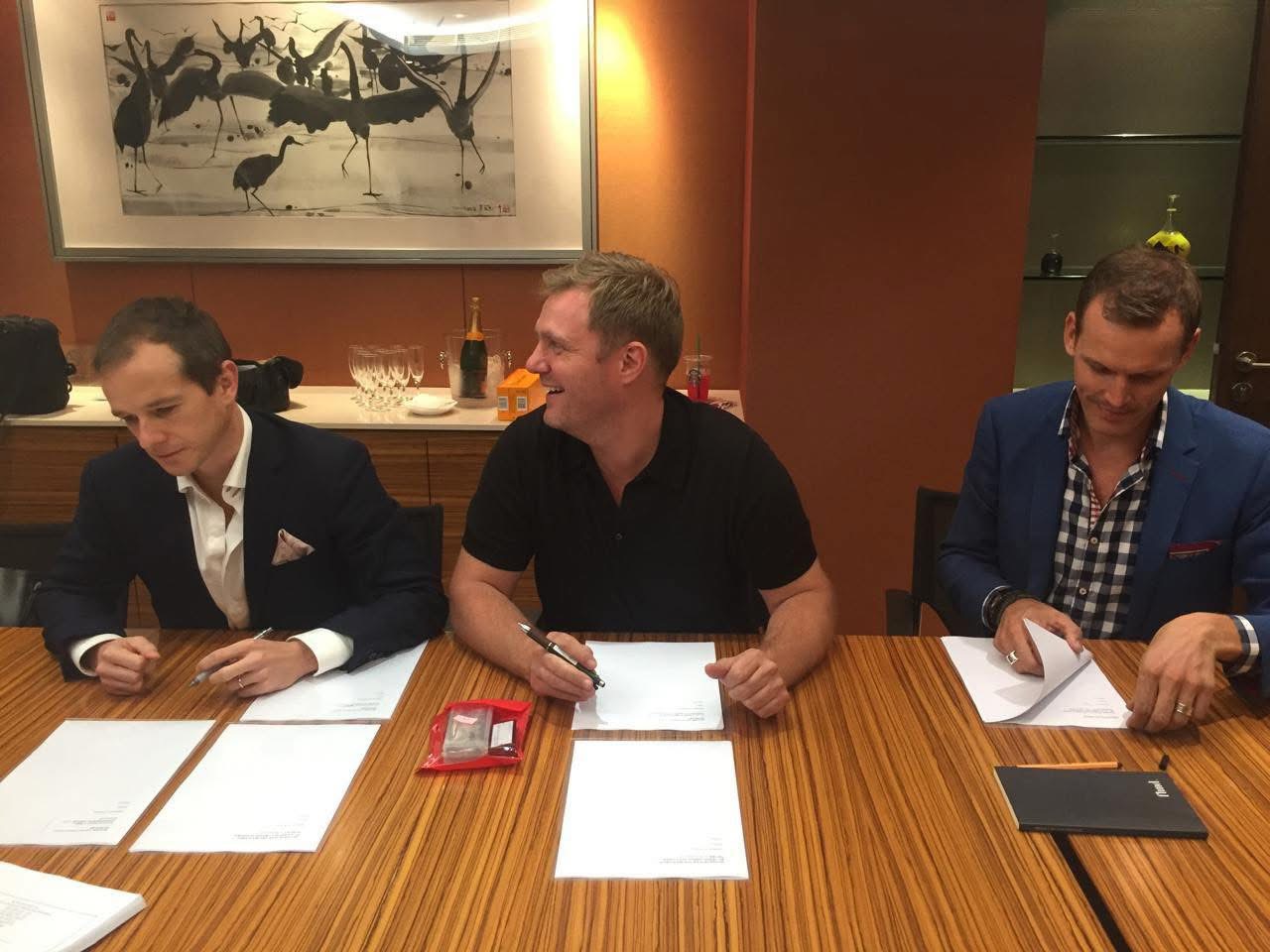The Hidden Brake on Startup Growth: When Founders Stay in Their Comfort Zone

Growth Stalls Don’t Start in the Market — They Start in the Mirror
When growth slows, founders often point to external forces. They blame the market, the economy, or a lack of funding. But more often than not, the slowdown begins with the founder. Comfort, disguised as prudence can quietly kill momentum.
It shows up in subtle but damaging ways: keeping prices low so customers won’t complain, avoiding bold bets because failure feels too risky, shying away from criticism to protect egos, or micromanaging every decision until the company becomes an extension of one person’s capacity. None of these choices feel catastrophic in isolation. Yet together they create a culture where playing small feels safer than scaling up.
Let’s break down how these comfort-driven behaviors show up, why they happen, and what the data says about their impact.
Underpricing: Playing Small to Please Customers
One of the most common comfort traps is pricing too low. The logic seems harmless: lower prices mean fewer objections, faster adoption, and happier customers. Many founders rationalize it with the thought, “We’re new, we haven’t earned the right to charge more yet.”
The problem is that underpricing silently erodes the foundation of a business. McKinsey research shows that even a modest 1% increase in price can boost operating profit by 8–11%. That’s a bigger lever than cutting costs or chasing volume. Yet most companies underutilize this power. In Simon-Kucher’s Global Pricing Study, only 27% of executives said price was their biggest driver of future growth, and in its 2024 update, just 19% of firms planned increases above inflation, effectively choosing shrinking margins over healthier unit economics.
The reluctance isn’t rational, it’s emotional. Founders often fear rejection, so they set prices that feel “safe.” Imposter syndrome plays a role too: charging more forces them to stand behind the real value of their product. Add in the common bias of cost-plus pricing, simply marking up costs instead of pricing for customer value, and it’s easy to see why many startups leave money on the table.
But customers are not always as price-sensitive as founders assume. In fact, 54% of consumers are willing to pay more when they perceive additional value, such as sustainability or premium features. The problem is not the price itself, but the failure to communicate and structure value.
Fear of Failure: Innovation That Never Ships
If underpricing quietly drains a business of fuel, fear of failure starves it of future. Founders who avoid innovation often say they’re just being focused: “We’ll get to new ideas once revenue is stable” or “let’s stick to the core product for now.” The real reason is more uncomfortable, they don’t want to fail in public.
This reluctance is widespread. The Global Entrepreneurship Monitor consistently finds that fear of failure keeps a significant share of people from starting or expanding businesses. And yet, companies that embrace innovation vastly outperform those that don’t. BCG research shows innovative firms consistently deliver higher shareholder returns, while McKinsey analysis reveals that more than 25% of revenue and profit at leading companies comes from products launched in the past three years. Innovation isn’t optional, it’s the oxygen of growth.
So why do founders resist? Status quo bias makes them overvalue what they already have. Identity risk makes it painful to admit that an old bet was wrong. And with limited runway, many choose short-term certainty over long-term potential. But ironically, delaying innovation increases risk. Markets shift, competitors emerge, and customer needs evolve whether the founder acts or not.
The antidote is to treat innovation like a portfolio. Instead of swinging for the fences, successful startups allocate most of their energy to the core business, some to adjacent opportunities, and a small slice to bolder experiments. This 70/20/10 approach de-risks failure while still buying options for the future. It also reframes failure as data. A quick test that proves a bad idea wrong isn’t a loss, it’s tuition paid for market insight.
Fear of Criticism: Starving the Company of Feedback
If fear of failure limits experimentation, fear of criticism limits learning. Many founders avoid tough conversations because they feel inefficient or demoralizing. They’d rather polish a product before showing it to customers or share a final plan with the team instead of inviting pushback.
But feedback is oxygen. Without it, startups drift further from what customers actually want. Google’s multi-year Project Aristotle found that psychological safety, the belief that people can speak up without being punished — was the single biggest driver of team effectiveness. Yet a McKinsey study shows that few leaders successfully create this kind of environment. That means most teams operate with unspoken fear, leaving valuable insights unsaid.
The consequences are tangible. Research consistently links psychological safety to higher innovation and better learning behaviors. Companies that encourage candor reduce costly blind spots and accelerate iteration. Those that don’t risk building products in a vacuum.
The founder sets the tone here. When leaders openly solicit critique, admit mistakes, and turn disagreements into experiments, they normalize constructive conflict. Feedback stops being a threat and starts being a growth engine.
The Founder Bottleneck: When Growth Depends on One Person
Even if a startup prices correctly, innovates, and embraces feedback, growth can still stall if every decision routes through one person. Many founders believe it’s “faster if I just do it” or that quality will slip if they hand things off. In the early days, that’s true. But as headcount and complexity grow, founder dependency becomes the ceiling on scale.
Gallup studied hundreds of Inc. 500 CEOs and found a striking pattern: leaders with strong delegation skills generated 33% more revenue than those who struggled to let go. Delegation isn’t just a management skill; it’s a growth strategy.
The resistance, once again, is emotional. Control feels like safety when the stakes are high. Many founders also tie their identity to being “the person who does X,” making it hard to surrender responsibilities. Others simply avoid the upfront work of defining outcomes and guardrails for others to own. The result is that decisions pile up at the top, slowing everyone down.
Escaping the bottleneck means reframing the founder’s role. Their job is not to make every decision but to design a system that makes good decisions without them. That means delegating outcomes rather than tasks, defining what must be escalated and what doesn’t, and putting dashboards in place so the founder can manage by exception instead of by constant involvement.
Choosing Growth Over Comfort
The four comfort-zone behaviors — underpricing, avoiding innovation, dodging criticism, and hoarding control, are interconnected. Underpricing reduces the resources available for experimentation. Avoiding innovation leaves the business vulnerable to stagnation. Dodging criticism blocks the flow of insights that fuel both pricing and product. Micromanaging stretches the founder too thin to solve any of the above.
But just as these behaviors reinforce each other, so do their antidotes. Pricing for value generates the margin to reinvest in innovation. A culture of psychological safety brings in the feedback that sharpens both pricing and product development. Delegation frees the founder’s bandwidth to think strategically and pursue new opportunities.
Founders don’t sabotage growth deliberately. They make small, safe-seeming decisions that add up to stagnation. The real choice is whether to prioritize comfort or growth. Pricing higher might mean losing a few customers, but it wins the resources to serve the rest better. Experimenting might mean some failed bets, but it keeps the company ahead of shifting markets. Inviting critique might sting, but it prevents larger mistakes. And letting go of control might feel risky, but it’s the only way to build a business that scales beyond its founder.
Growth begins the moment founders choose discomfort over safety.
Read - Building a Strong Brand Goodwill for Your Startup

square.jpg)










